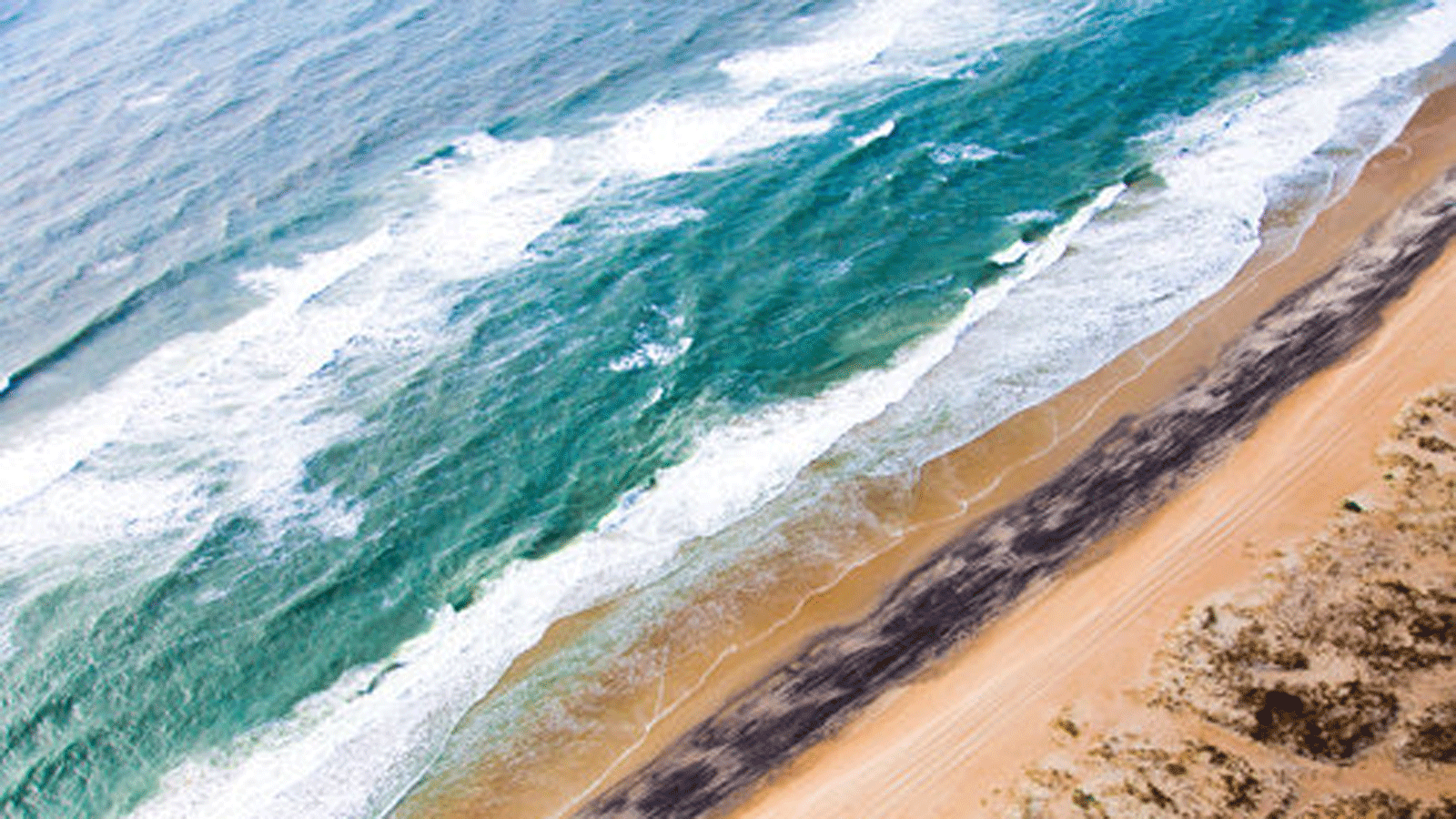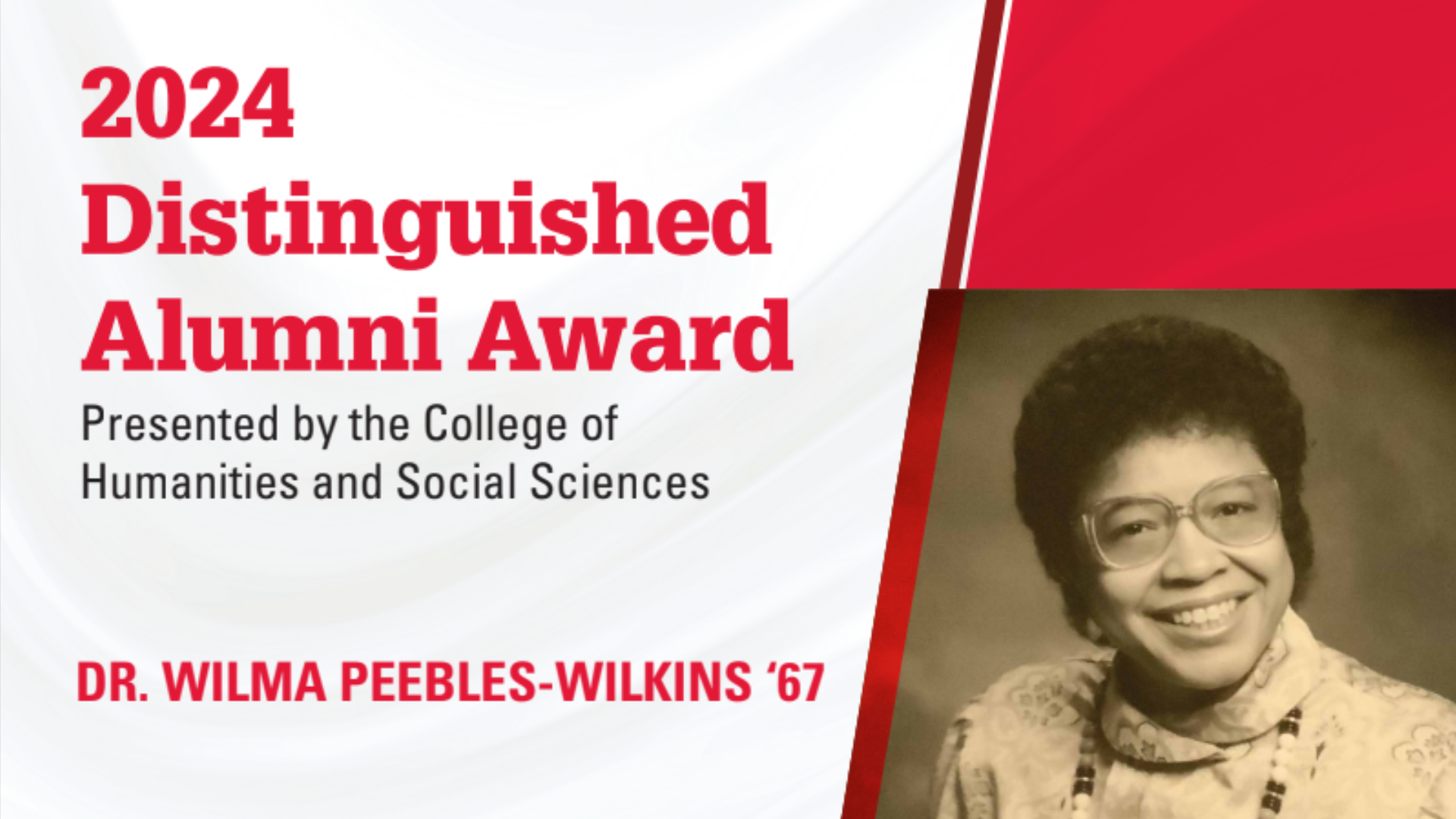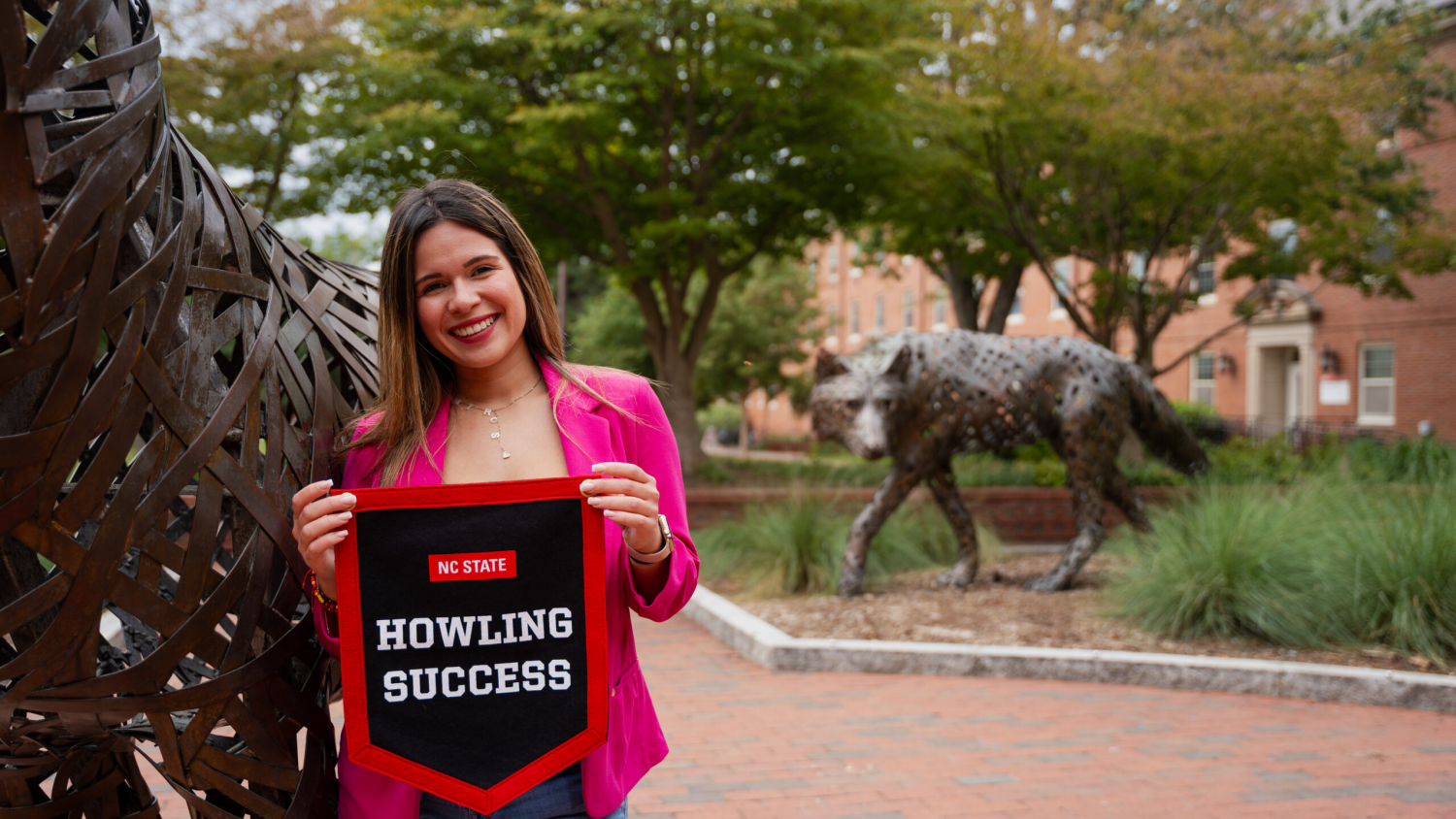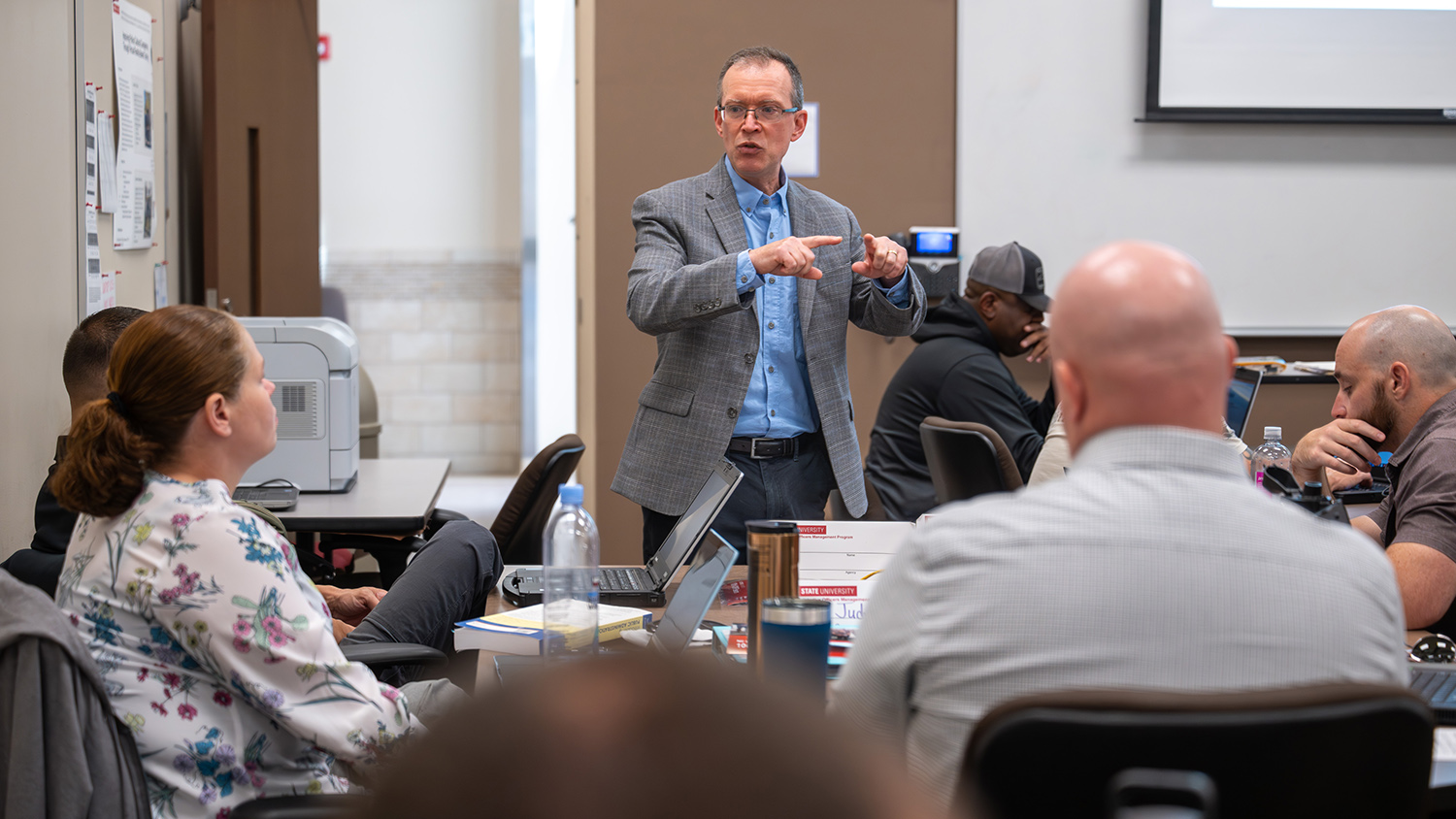RISING Exhibit Highlights Climate Change’s Impact to NC Shores and Communities

RISING, a multimedia collection of artistic and oral history accounts, shows how the North Carolina coastal region has transformed over time. The College of Humanities and Social Sciences’ Interdisciplinary Studies program partnered with the Southeast Climate Adaptation Science Center and the African American Cultural Center to host the traveling exhibit on campus and to organize a grand opening on March 28 that includes a panel discussion, a student poster showcase and a reception.
Launched in February 2018, the RISING exhibit is traveling the state to communities it represents, helping North Carolinians better perceive the changes that are occurring along the coastline. A video enables viewers to learn more and preview some of the artwork.
RISING was developed by a diverse team of creators, scientists and local community members. The exhibit was founded with an emphasis on collaboration across disciplines. The opening event was also designed to model how diverse backgrounds, expertise and interests can work together to address issues around sea level rise in North Carolina. The panel discussion and research presentations reflect a range of academic fields; the reception will feature North Carolina seafood.
“This exciting exhibit will help demonstrate all the ways students and scholars across disciplines at NC State must respond to the topic of rising seas facing our state and the globe, and how the insights from culture and history can be in conversation with climate change adaptation,” says Blair Kelley, NC State Professor of History and Assistant Dean of Interdisciplinary Studies and International Programs.
Schedule of events on March 28:
3:30 – 4:30 pm | Panel Discussion: Human Impacts of Sea Level Rise | African American Cultural Center, 356 Witherspoon Student Center
4:30 – 5:30 pm | Student Poster Showcase | 201 Witherspoon Student Center
4:30 – 5:30 pm | Reception and Exhibit Viewing | African American Cultural Center Art Gallery, 2nd floor
Panelists are:
- Karen Amspacher, Director of the Core Sound Waterfowl Museum and Heritage Center, co-author of Living at the Water’s Edge, and a member of the Rising team
- Dr. Blair Kelley, NC State Professor of History and Assistant Dean of Interdisciplinary Studies and International Programs
- Baxter Miller, one of the RISING curators and artists
- Andre Taylor, a graduate student in the Public History Program and SE CASC Global Change Fellow
Dr. Matthew Booker, Associate Professor in Environmental History at NC State, will moderate. The panel is the second of a three-part Global Change Seminar series implemented by the Southeast Climate Adaptation Science Center Global Change Fellows. Each seminar focuses on a different aspect of sea level rise, giving audiences a more comprehensive understanding of the science behind sea level rise, its impacts, and adaptation strategies to reduce risk.
The student poster showcase will feature graduate and undergraduate students who are engaged in research focused on topics such as affected coastal peoples, the history of landscape change, coastal climate impacts, climate adaptation and coastal resiliency and options for the future. Students from NC State and other colleges and universities are welcome to apply. Students will find more details about the showcase and can submit a poster abstract by March 20 at the RISING website.
The RISING exhibit will be open from March 28 to May 31 at the African American Cultural Center Art Gallery from 9 a.m. to 5 p.m., Monday through Friday.
The opening event and bringing the exhibit to NC State were made possible by a grant from the NC State College of Humanities and Social Sciences, Office of Research and Engagement. Initial technical support and funding to develop the exhibit was provided by the NC Sea Grant. Acknowledgement also goes to Baxter Miller and Ryan Stancil, the artists and curators of RISING, the NC State Office of Interdisciplinary Studies, the NC State History Department, Jess Whitehead of NC SeaGrant and the NC State Program on Science, Technology and Society.
This article is adapted from a post on NC State’s Global Change Forum.
- Categories:


